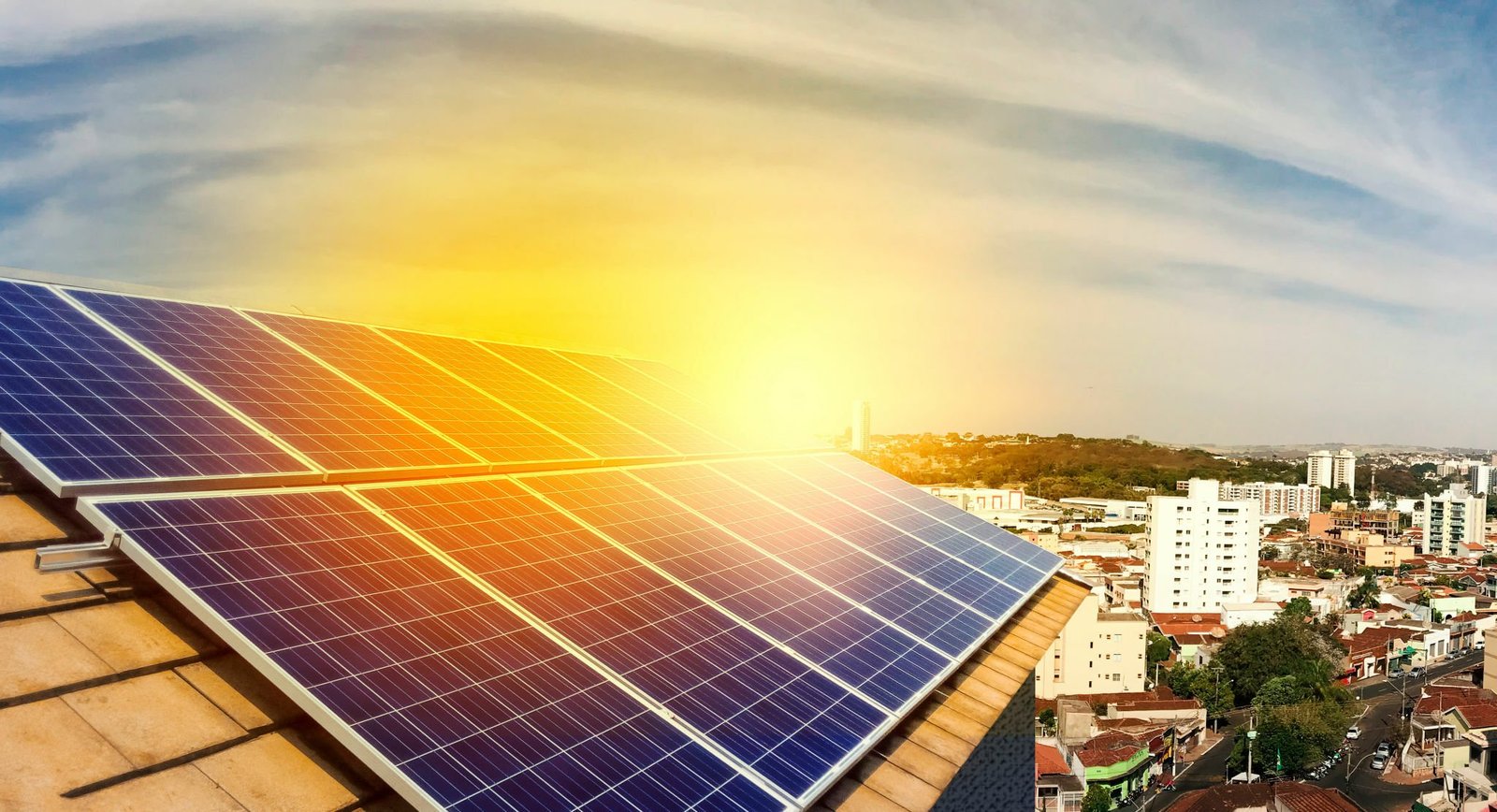Have you thought about installing your own solar power system at your residence? With solar panels, you can convert your rooftop into a clean energy generator, reducing your energy bills whereas helping the environment. But, before you dive into the world of solar energy, there are a few things you should know. In this guide, we’ll go over the key considerations you should make before installing a residential solar system.
What is a Residential Solar System?
Let’s start by giving you a brief overview of a Residential Solar Solutions. In essence, it is made up of a number of solar panels that typically sit on your home’s roof. The exceptional capacity of these panels to absorb sunlight and transform it into electrical energy fuels your house. Think of it as having your very own miniature power station right at your residence! What makes this system so appealing is its potential to reduce your electricity expenses. Instead of relying on the power company and purchasing energy, you harness the sun’s power. What’s more, it’s an eco-friendly choice because it doesn’t produce any pollution like conventional power sources. In essence, it’s a wise way to access clean, renewable energy right at your doorstep!
The following are the crucial factors to think about before setting up a home solar system:
1. Solar Panel Positioning
The location and orientation of your solar panels play an important role in how efficiently they grab sunlight. Install solar panels on a south-facing roof to optimize sunlight. However, east or west-facing roofs can generate reasonable power. Consider shadowing from surrounding trees, buildings, or other objects that may limit sunlight.
2. Roof Condition and Area
The condition and size of your roof are also significant. Repair or replace your roof before adding solar panels. Also, you’ll need enough roof space to accommodate the number of panels required to meet your energy needs. If your roof doesn’t have enough space, consider ground-mounted panels or a solar carport.
3. Energy Consumption
It’s important that you understand the vlone shirt energy requirements and use of your home before installing a solar system. To find out your average monthly consumption, examine your electricity bills. You can use this information to choose the appropriate solar system size to fulfill your energy needs.
4. Solar Panel Type and Output
Thin-film, monocrystalline, and polycrystalline solar panels are available in Pakistan. Each form has advantages and disadvantages. Efficiency, cost, and aesthetics determine the choice. Higher-efficiency panels may cost more but generate more power in a smaller space.
5. Inverter Selection
The inverter is an important component of a solar energy system, converting the direct current generated by the panels into alternating current utilized by your household appliances. Inverters are classified into two types: central inverters and micro-inverters. Central inverters are more cost-effective, while micro-inverters are more efficient and allow for individual panel monitoring.
6. Grid Connection and Net Metering
Consider a grid-tied solar system with net metering to stay connected and sell extra energy to your utility company. Net metering refunds your electricity cost for excess solar power fed back into the grid.
7. Permitting and Regulations
Before constructing a solar system, find out what approvals and conditions are set by your local authorities. There are several locations where the installation of solar panels may be controlled; offenders risk fines.
8. Warranty and Maintenance
When choosing solar panels, pay attention to the warranty offered by the manufacturer. A longer warranty period shows trust in the product’s durability and performance. Solar panels generally require minimal maintenance, but it’s fundamental to keep them clean and free of debris for optimal efficiency.
9. Budget and Financing Options
Investing in a solar system requires careful consideration of your budget and financing options. Some solar companies provide affordable leasing or power purchase agreements (PPAs) for easy installation. Additionally, explore potential government incentives or rebates applicable in your local area to maximize cost savings. Conduct thorough research and consult with experts to make informed decisions aligning with your financial goals and environmental values.
10. Choosing a Reputable Solar Installer
Ultimately, choosing a reliable and seasoned solar installer is crucial for a successful installation. Conduct thorough research on potential installers, peruse customer reviews, solicit references, and obtain multiple quotes to ensure a well-informed decision that aligns with your specific needs and expectations.
On the Whole
Residential solar system installation is an encouraging step toward a sustainable and affordable energy future. You may make an informed decision that fits your energy demands, budget, and lifestyle by considering the aspects mentioned above.
When it’s about installing top-quality solar panels in Pakistan, look no other than Synergy Corporation. They offer the best solar panels in Pakistan and custom residential solar solutions that seamlessly connect with your property. They provide a reliable, efficient, and affordable solar energy system that lights up your future for years.
Visit here for more informative blogs










